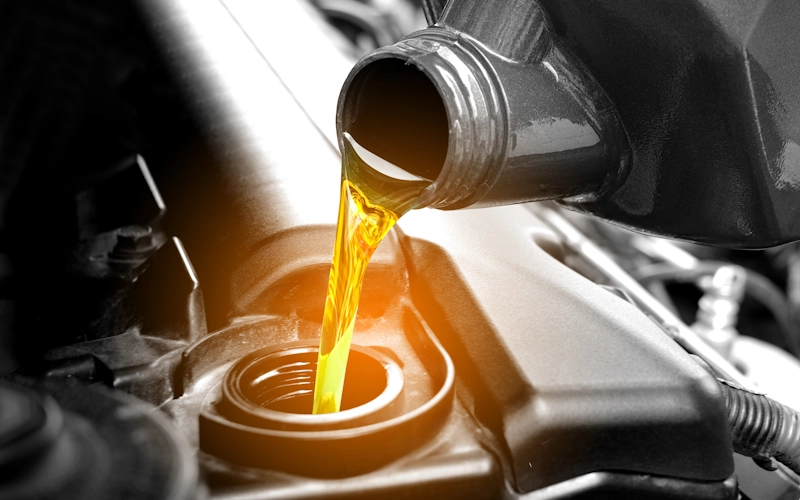17Sep
Propane Vehicle Service in Central PA: Cold-Start & Storage Tips
Make Propane Vehicles Start Strong and Store Safely
Propane-powered school buses, service vans, and light-duty trucks are popular in Central PA thanks to lower emissions, quieter operation, and stable fuel costs. To get the most from autogas in cooler weather, you need excellent vaporization, hot coolant flow, and strong ignition. Immaculate Kinetics in Danville, PA services propane fleets and mixed fuel operations, helping them start reliably at dawn and store units safely during schedule lulls. Here’s how to dial in your program for fall.
1) Ensure Strong Vaporization & Regulator Health
-
Coolant routing: Vaporizers/regulators rely on engine coolant heat. Inspect hoses for kinks, confirm correct flow direction, and bleed air pockets after service.
-
Regulator condition: Check for frost buildup during extended idle; inspect diaphragms and seals; replace filters per manufacturer interval.
-
Fuel filter service: LP filters can clog and reduce flow—swap proactively before cold mornings amplify restrictions.
2) Ignition System: Spark Matters More on LP
-
Coils, wires, plugs: Propane’s higher ignition energy demand exposes weak components. Use OE-spec plugs with proper gap; replace aged wires and marginal coils.
-
Cranking speed: Strong batteries and clean grounds are critical; slow cranking hurts vaporization and spark energy.
-
ECM calibration: Verify there are no stored misfire or lean codes; address vacuum leaks that skew fuel trims.
3) Cold-Start Procedures That Work
-
Warm-up strategy: Avoid long idles from stone-cold; drive off gently after 30–60 seconds as coolant warms, improving vaporization.
-
Accessory loads: Reduce initial electrical load (blowers on low, lights as needed) to keep system voltage healthy during crank.
-
Preventive swaps: If a vehicle struggled last winter, preemptively replace LP filters and inspect regulators now.
4) Storage & Safety for Seasonal or Spare Units
-
Tank levels: Store between 40–60% to allow for thermal expansion while keeping headspace minimal.
-
Valve protection: Verify service valves and caps are intact; inspect for corrosion on brackets and mounting hardware.
-
Leak checks: Perform an LP system pressure test before storage; tag date and results for your records.
-
Battery maintenance: Use smart maintainers or disconnect to prevent deep discharge over long parking periods.
-
Location & ventilation: Park in well-ventilated areas away from ignition sources; follow facility safety policies.
5) Fleet Documentation & Training
-
Service intervals: Document LP-specific filter and regulator intervals separate from gasoline/diesel PM.
-
Driver checklists: Add simple cold-start steps and post-trip leak-awareness notes.
-
Incident response: Train staff to recognize LP odorant, secure the area, and contact maintenance immediately.
6) When to Call a Pro
-
Persistent hard starts below 40°F, frost-covered regulators, repeat misfire or lean codes, or fuel odor concerns are signals to schedule professional diagnostics. Immaculate Kinetics can pressure-test systems, verify coolant flow, scope ignition, and update maintenance intervals tailored to your routes and duty cycles.
With the right fall prep, propane fleets in Central PA start reliably, run clean, and store safely—delivering the uptime and TCO you invested in autogas to achieve.
Related

ASE certified technicians provide reliable, high-quality automotive repair services that ensure your...
Read More >

Things to know about spotting issues early and keeping your transmission in peak condition
Read More >

Avoid costly breakdowns with expert electrical repairs. Immaculate Kinetics in Central PA offers pro...
Read More >

Explore the key factors in deciding whether to repair or replace your vehicle. This guide helps Penn...
Read More >

Diesel trucks face unique challenges in summer heat. This article covers key maintenance steps like ...
Read More >

Diesel engines are known for their durability and efficiency, making them a popular choice for both ...
Read More >